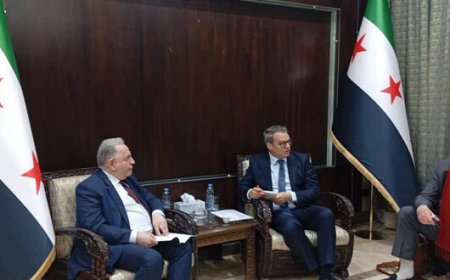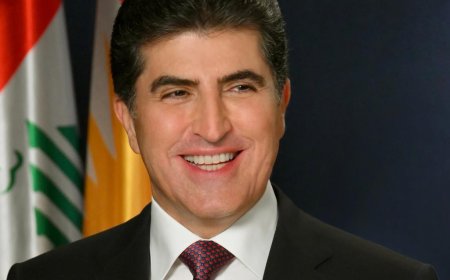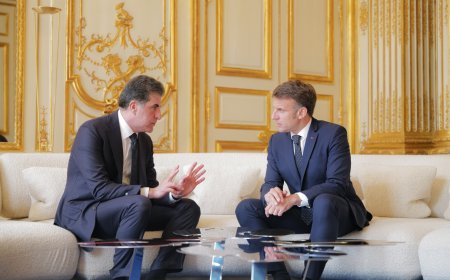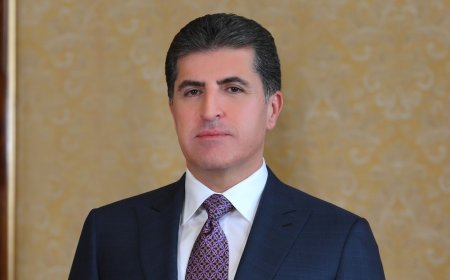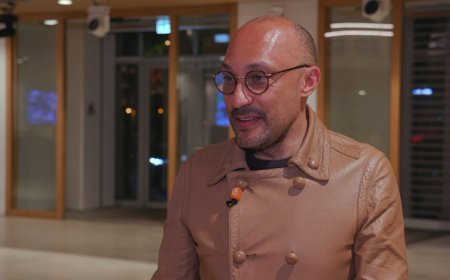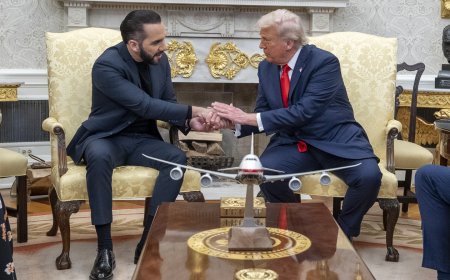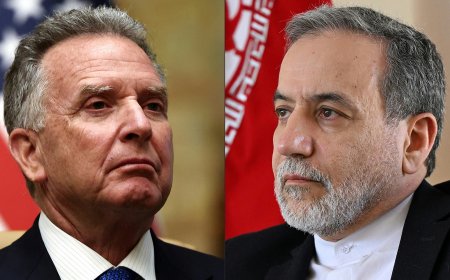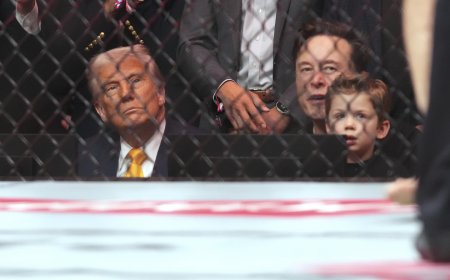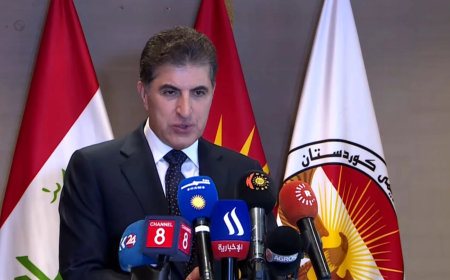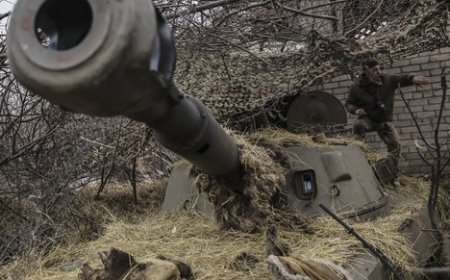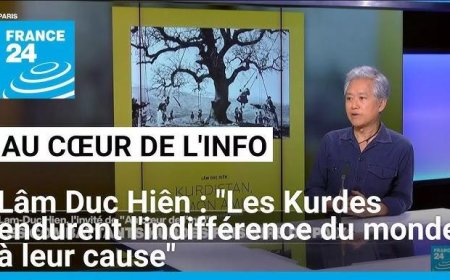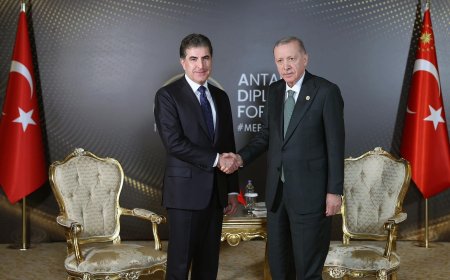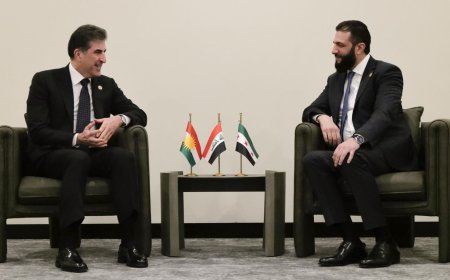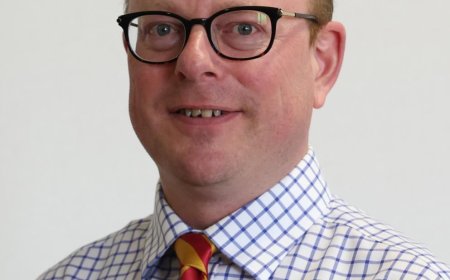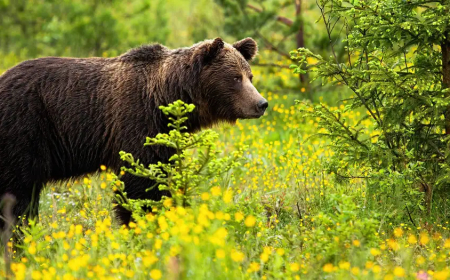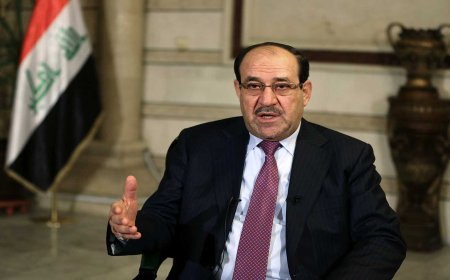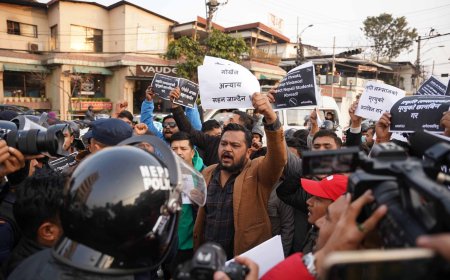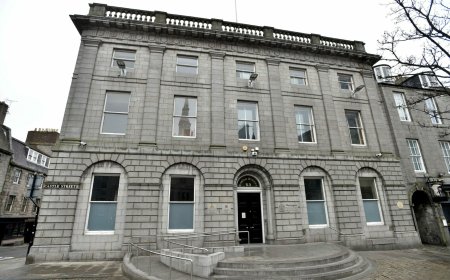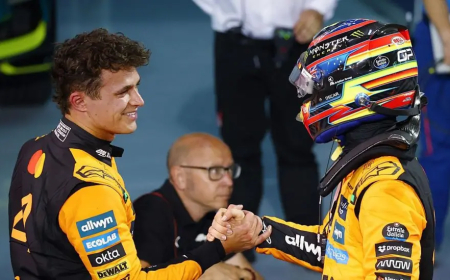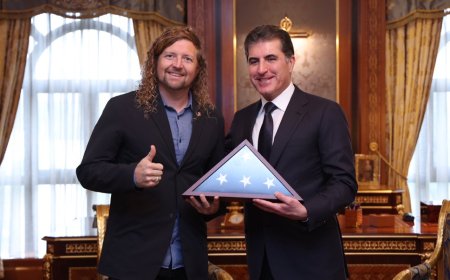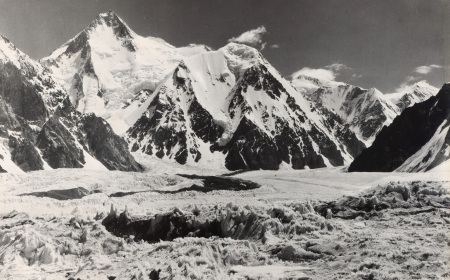A vision sustained: coexistence and tolerance in the Iraqi Kurdistan Region and beyond
By Michael EJ Phillips / Lecturer at the Department of French at Salahadin University.
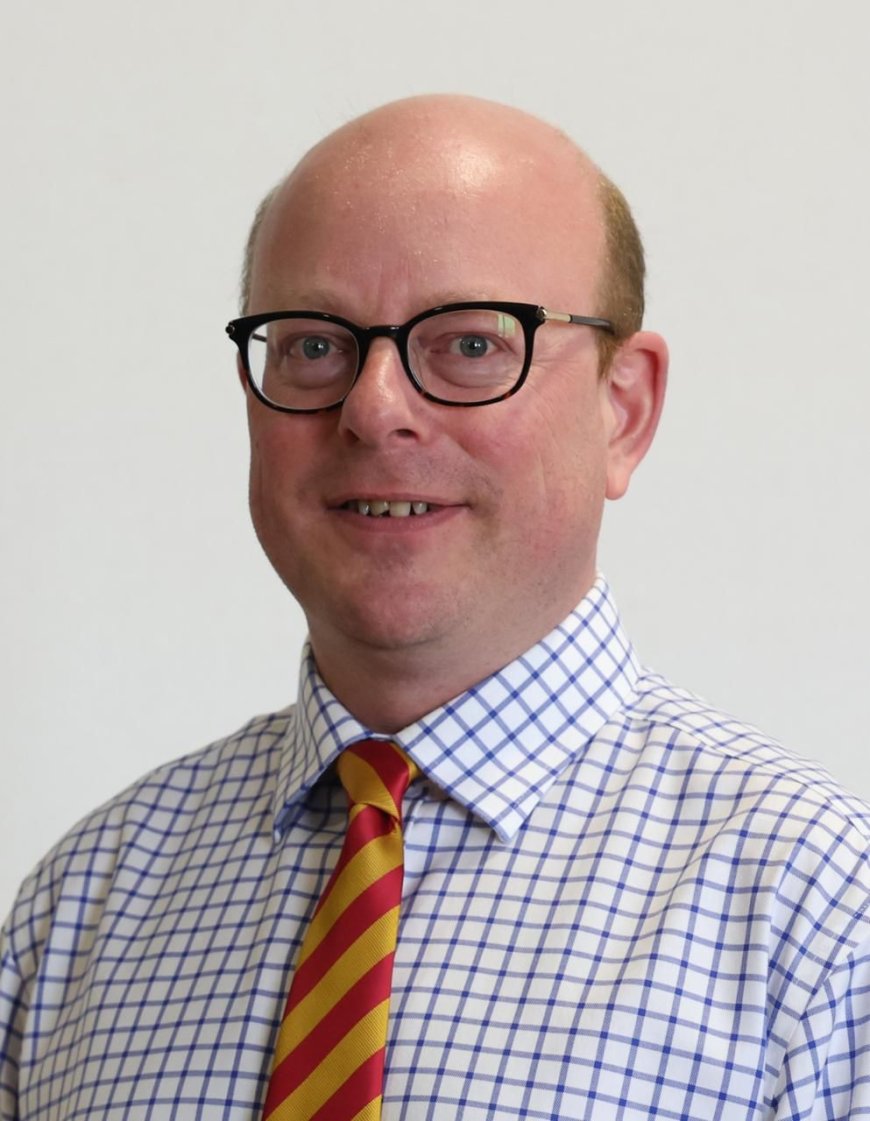
The purpose of this article is twofold. Firstly, to consider and expand on President Nechirvan Barzani’s philosophy for the Kurdistan Region of Iraq and secondly, to briefly explore the background and influences behind such a vision.
To begin with, the core of President Nechirvan Barzani’s vision is that through an inclusive and consensus approach, the aim is to build a peaceful, progressive, modern and tolerant society deeply inspired by his personal values and beliefs. These include both the need for pluralism in political life as well as peaceful coexistence among all the diverse religious and ethnic communities within the Kurdistan Region of Iraq. There are three strands to such a vision. The first thread running through it concerns the domestic situation in the Kurdistan Region of Iraq, the second its relations with federal Iraq, and the third President Nechirvan Barzani’s wider role on the international stage.
For the Kurdistan Region of Iraq, the President believes in a homeland that is democratic, peaceful and politically stable. Coexistence and tolerance are the key pillars of such a belief, also forming the bedrock on which his vision is based. The most important is that the religious and ethnic diversity is both maintained and supported, and that the region is a guardian of minorities. This is of absolute necessity in an area of the world which is home to such a patchwork. In terms of religion, we see Christians of a wide range of denominations and traditions, Muslims (both Sunni and Shia), Yezidis, Zoroastrians, Kaka’is, Mandaeans and Baha’is to name but a few. While the majority of the population is ethnically Kurdish, the Iraqi Kurdistan Region is also home to Arabs, Turkmen, Armenians and Assyrians among others, not to mention those from neighbouring countries, often seeking refuge from regional conflict. There are also foreigners too from all corners of the world who have chosen to live and work in Kurdistan and call it their home.
Unity, consensus, tolerance and partnership are the keys to maintaining the success of this peaceful and politically stable land. Further to that is the right to education in one’s mother tongue. While most of the population are native Kurdish speakers, the Syriac community, for example, benefits from the official provision of government schools teaching in their language; so too do the Turkmen and Arabs. This is in contrast to the situation in other countries where such pluralism is not a feature of the educational system. It goes without saying that education is fundamental to engendering understanding, tolerance and respect, which lead in turn to peaceful coexistence.
In terms of the Kurdistan Region’s relations with federal Iraq, President Nechirvan Barzani believes in the need for serious dialogue to define federalism and resolve disputes, as well as fostering unity and preventing isolation in the nation as a whole. He also often stresses the need for all armed forces in Iraq to operate under government authority, rather than acting independently, as this would create problems for both national cohesion and unity. As Prime Minister, he aimed towards a course of rebuilding relations with Baghdad, while protecting the integrity of the Kurdistan Region as a federal entity. He sees it as imperative to normalise the relationship and outstanding issues of contention in accordance with the Iraqi Constitution.
Moving on to President Nechirvan Barzani’s wider role on the world stage, it is these themes of dialogue, cooperation and engagement which continue to prevail. It is very much the case that he has a distinctive approach to international relations. On the one hand, it is characterised by dialogue, openness and a commitment to building bridges in a world which is often fragmented and where people and nations are often at odds with one another. On the second, in recent years, President Nechirvan Barzani has proven to a pivotal figure in the Middle East, who advocates for an open society in a world which is becoming ever more polarised; he positions the Kurdistan Region of Iraq as a stable and cooperative part of a united federal Iraq while at the same time cultivating international friendships and cooperation in different areas. He views such international engagement as cardinal in the protection of cultural diversity, the preservation of human heritage and the principles of creating pathways for mutual understanding.
The above has laid out President Nechirvan Barzani’s philosophy for the Iraqi Kurdistan Region, its internal situation, its external relationships and role both nationally and internationally. Turning now to the origins of his vision, the following will provide an introduction to Sheikh Ahmed Barzani, his background and beliefs, and how they relate to such a vision and philosophy.
Sheikh Ahmed (1896 – 1969) was raised in the village of Barzan, near Mount Shirin. As such, the villages were multiethnic, multicultural and multilingual. Muslims, Jews and Christians lived there alongside each other; all worked together and at the same kind of thing. As a rural area, this meant agriculture and its associated activities – the planting, cultivation and harvesting of crops, raising livestock, weaving (for example from the wool of the sheep) and so on. It also meant that they also had their own places of worship according to their creed: mosques, temples and churches. They celebrated together, mourned together and lived in peaceful coexistence. It was also necessary to be cooperative given the environment and land, as this part of Iraq experiences both harsh winters and scorchingly hot, arid summers.
Furthermore, during that time, the area was under Ottoman rule. It was then that the Barzanis learned to deal with the necessity of resistance and the circumstances that arise as a result. They also developed a tradition of resisting oppression – either governmental or from those tribal mercenaries who treated their people as if they were slaves. During these difficult times, Sheikh Ahmed learned that life could be hard, but that reality could be confronted and made better.
One of the things he came to realise was that dialogue was far better than the use of force, unless there was no realistic alternative. Out of these teachings of love rather than hate, patriotism, tolerance, respect, and equality was also a profound sense of patriotism linked to that of environmental protection. He was concerned that some of the rare animals and birds, for example partridges, were on the verge of extinction due to people hunting for fun. He was determined to help protect the beautiful environment and nature of his area, and given his position in society was able to put down certain regulations for the people in this respect. He prohibited the cutting down of trees which provided shelter or shade for people, overharvesting of honey (which would then cause the death of the bee colonies), killing snakes which were not poisonous for people, dynamite fishing, the hunting of animals during their seasons of reproduction, and killing animals while they were drinking water.
Care for the environment – its trees, plants, animals and so on – was obviously the responsibility of those humans who had to do so. They themselves thus lived in coexistence with nature; more specifically, their relationship was symbiotic. Respect for nature meant that it would treat them well in return. Overharvesting, overusing the land, depleting resources and damaging the rivers, land and forests would only come back to harm the people. In an exact parallel, if the people of Kurdistan are to live peaceably, in tolerance and with mutual respect, then a successful society results. It is in this spirit that President Nechirvan Barzani’s philosophy is rooted.
It is very clear, in summary, that through this inclusive and consensus approach, with respect for all around us regardless of creed or colour, a peaceful, progressive, modern and tolerant society can be a reality.
